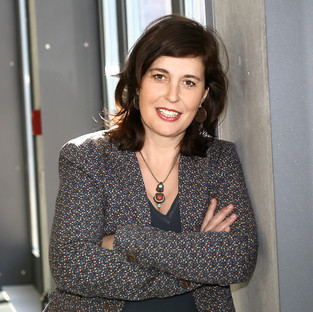Contested Avenues of Reproductive Technologies: A Study of Transnational Transfers and Cross-cultural Practices
Institut für Ethik und Geschichte der Medizin
Förderung: Deutscher Akademischer Austauschdienst (DAAD) und University Grants Commission, India
Laufzeit: 2014-2016
Bearbeitet von:
- Prof. Dr. Silke Schicktanz (Leiterin des deutschen Forschungsteams)
- Prof. Dr. Tulsi Patel (Leiterin des israelischen Forschungsteams)
- Dr. Sheela Saravanan
- Dr. Sayani Mitra
- Ms. Garima Yadav
Zusammenfassung
Assisted reproductive technologies (ART) such as prenatal diagnosis (PND) and In-vitro Fertilization (IVF) offer a plethora of possibilities for individuals to plan their family. Some of these possibilities include; surrogacy, selective abortions. However, differential socio-cultural conditions and legal guidelines have led to individuals either carving out desired possibilities based on the existing cultural context and/or seeking transnational reproductive health care services. This study aims to explore in a German-Indian context, how these assisted reproductive technologies redefine global health care and open up contested avenues in which individual and collective socio-cultural notions of desires, infertility, religion and kinship are in interface with legal regulations, health care services and medical ethics discourses. The proposed project is a significant contribution to the ethical discourse of the growing global use of assisted reproductive technologies and the socio-ethical and regulatory challenges that it has posed. The aim of the project is to strengthen network based on the common research interests through sharing information, guiding students, joint publications and to evolve into a larger Indo-German socio-ethical project on genomics and reproductive technologies.
Kontakt

Kontaktinformationen
- Telefon: +49 551 3969009
- E-Mail-Adresse: sschick(at)gwdg.de